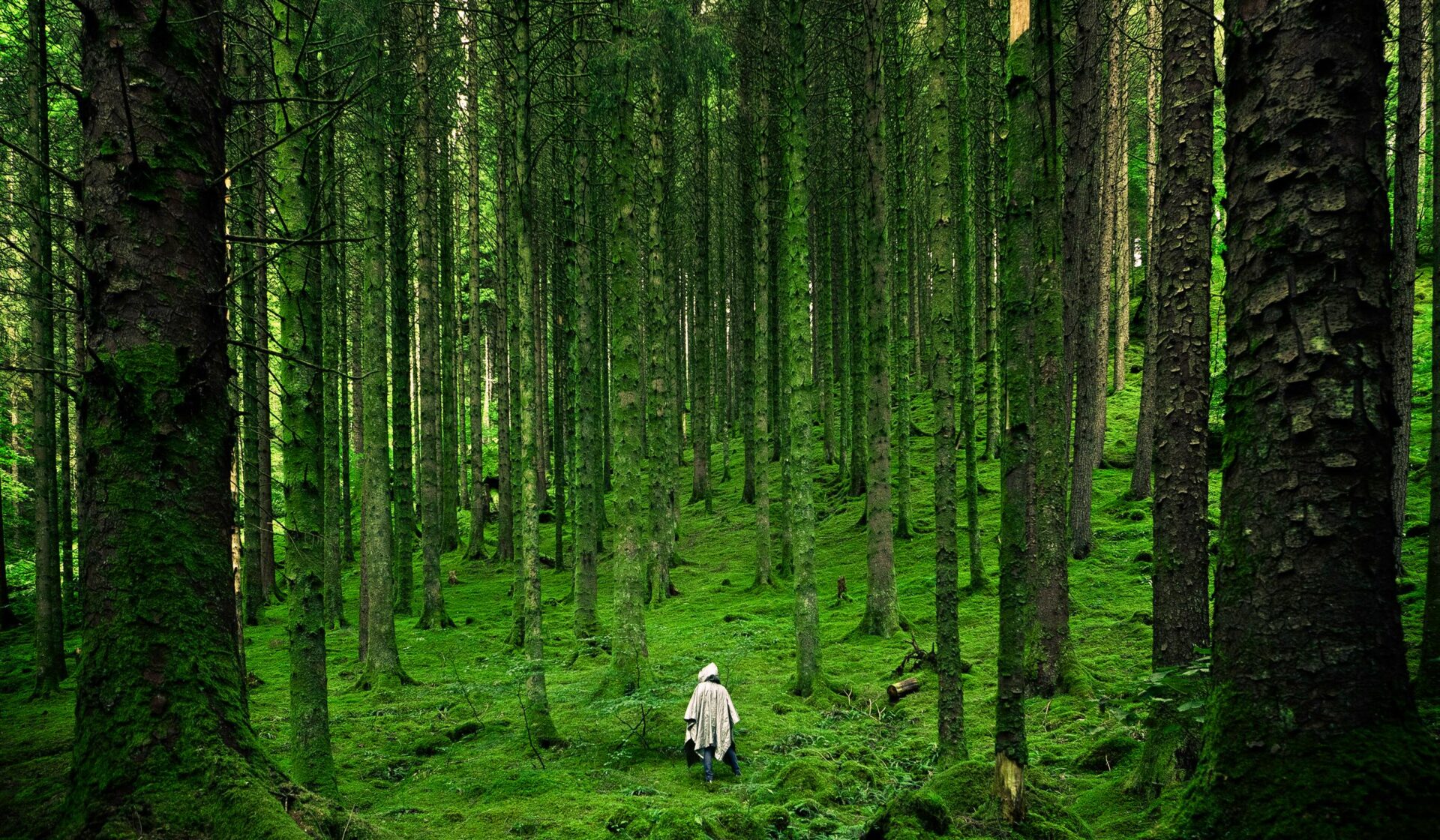According to recent research, spending time in nature can enhance our perception of others’ humanity. It suggests that this commonly accessible experience could be hugely beneficial for the reignition of healthy social interactions in an increasingly isolationist world.
If you know me, then you’ll know I’m an absolute sucker for the outdoors.
Every chance I get, I’m either taking long walks the local wilderness, camping somewhere remote, or lying on whatever patch of grass I can find to gaze up at the trees.
Doing so has significantly improved my mental and physical wellbeing, deepened my connection with the environment, and taught me so much about the importance of protecting it.
This, of course, is a privilege. Not everyone has access to green spaces – nor the funds to go in search of them.
Yet as the planet’s health continues to deteriorate, and we continue to feel more detached as a society, researchers have once again begun pushing the message that nature is nurture and that we should be encouraging each other to immerse ourselves in it when we can.
From relatively outlandish suggestions that policymakers ought to trip on psychedelics so they develop a symbiotic relationship with Mother Earth and stop sleeping on the climate crisis, to doctors prescribing patients free year-long passes to national parks in a bid to alleviate their depression, anxiety, and other psychological disorders, many appear to have got the memo.
Researchers say taking a ‘nature pill,’ a.k.a spending 20-30 minutes in the great outdoors, is a proven stress reliever pic.twitter.com/R3hbFkG35g
— NowThis Impact (@nowthisimpact) June 1, 2019
And while the focus so far has largely been on eco-activism and individual betterment, a new study claims that nature could be the antidote to dehumanisation and a solution to the issue of community-building losing its grip in our increasingly isolationist world.
Allow me to explain.
Published in the Journal of Environmental Psychology, the paper stipulates that spending time outdoors can enhance our perception of others’ humanity.



















